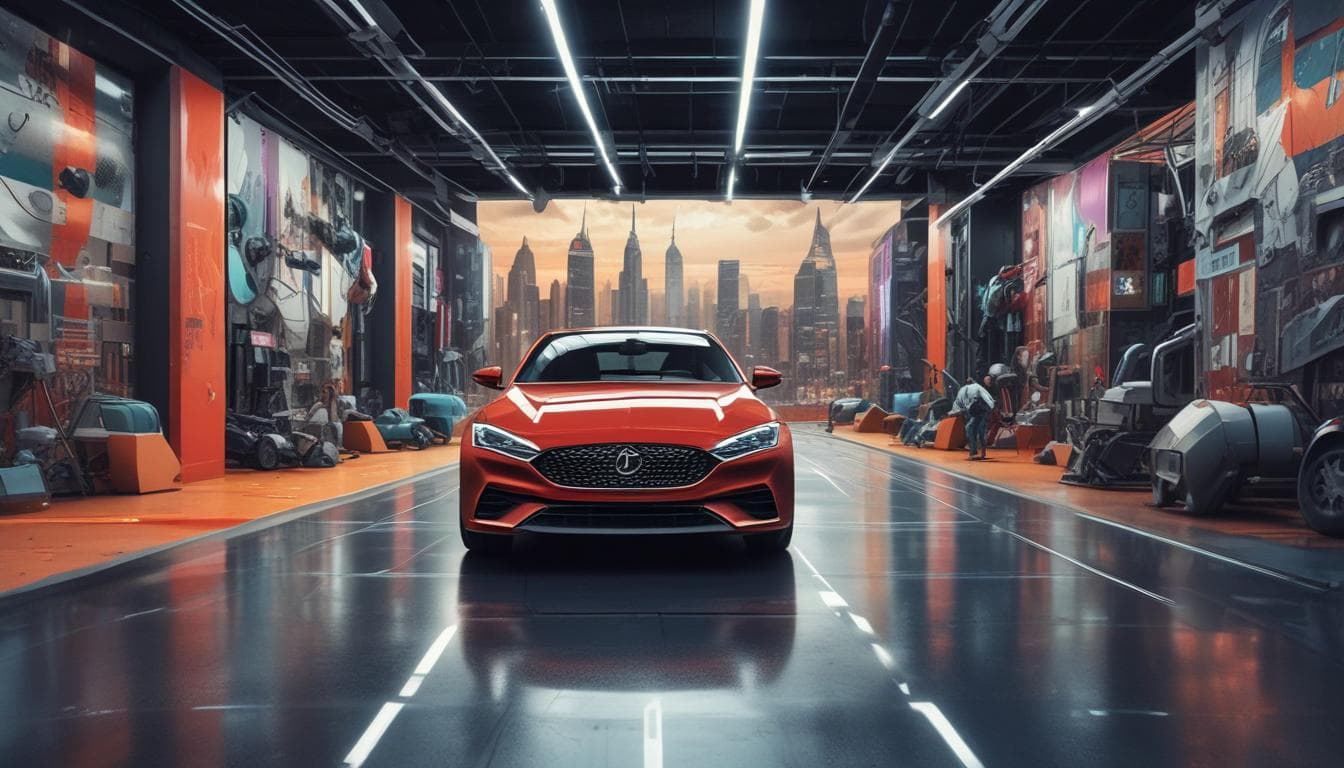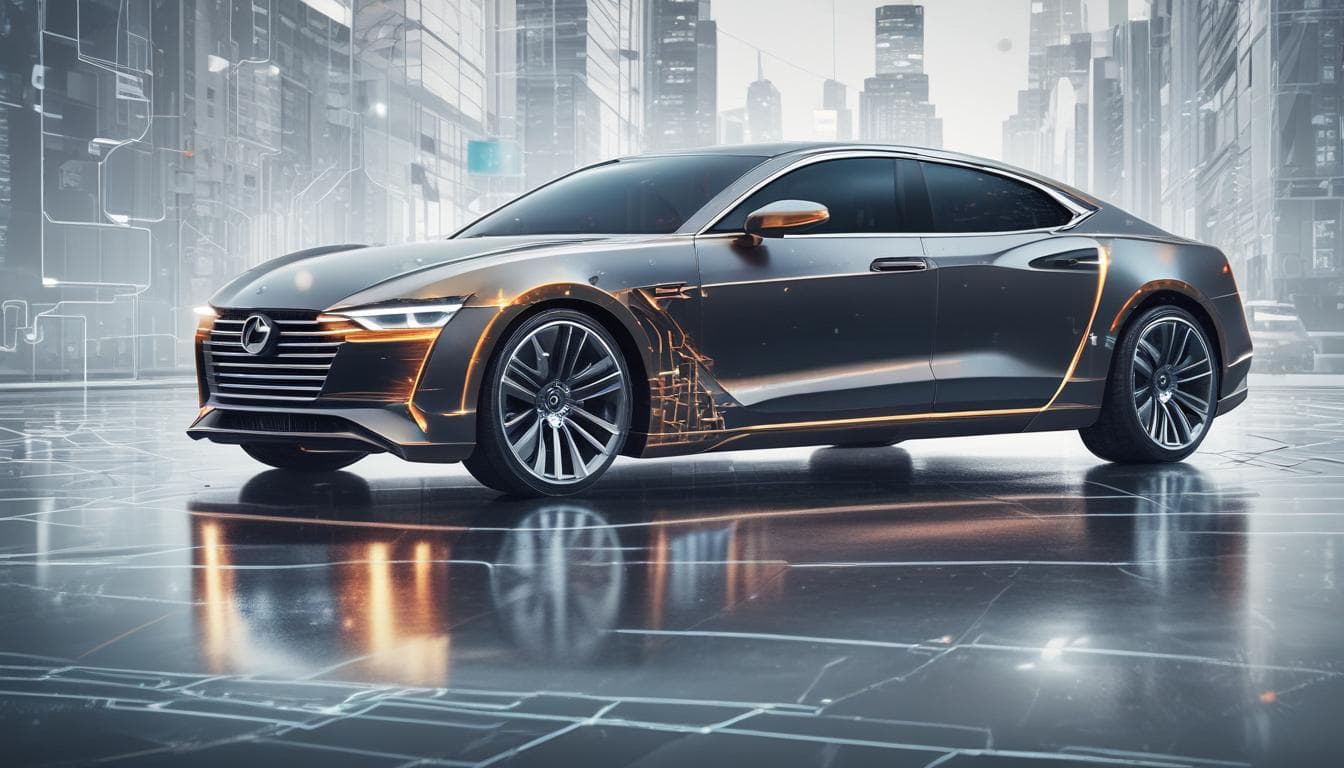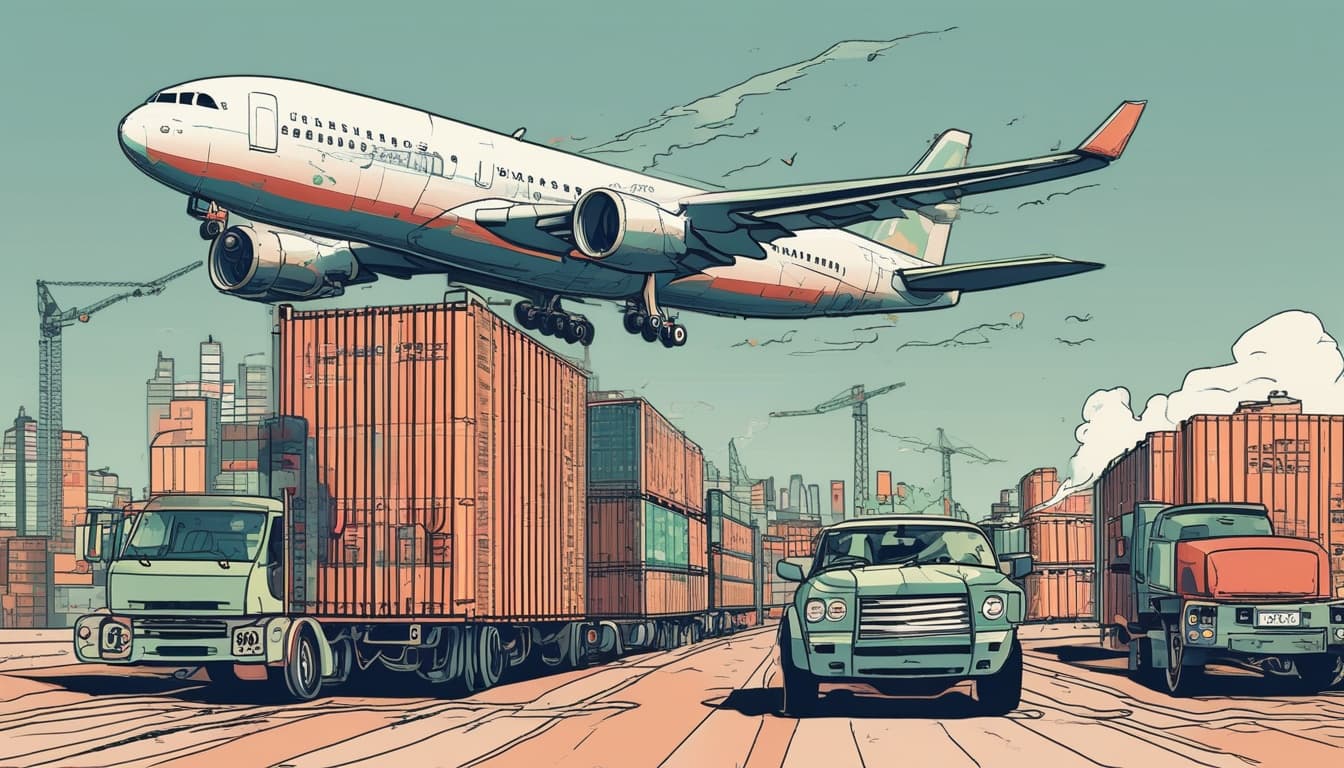As autonomous vehicle technology advances, imagine a future where cars are no longer solely private, personal spaces but can transform into shared, on-demand 'community pods' or 'mobile public spaces' when not in use for individual transport. How might this concept reshape urban planning, social interaction within neighborhoods, and even the economics of car ownership, moving beyond current ride-sharing models?
The idea of transforming autonomous vehicles into versatile, shared 'community pods' or 'mobile public spaces' is a compelling vision that could significantly impact urban development and social dynamics. This concept aligns with the evolving landscape of connected and intelligent vehicles, as discussed in driving connected, which emphasizes enhanced urban mobility through vehicle-to-everything (V2X) communication networks.
By repurposing idle autonomous vehicles for social interaction, education, or community engagement, cities could reduce the need for dedicated public spaces while fostering closer neighborhood connections. This shift might lead to a redistribution of urban space, optimizing for green zones and pedestrian areas rather than extensive parking lots.
Economically, such a model could revolutionize ownership paradigms. Instead of individual car ownership, people might subscribe to 'mobility-as-a-service' platforms that provide access to flexible, multifunctional vehicles, as explored in the future of automotive. This would decrease ownership costs and promote a shift towards shared use, further supported by innovations in automated vehicle inspections to ensure safety and reliability.
Furthermore, integrating such concepts with smart city initiatives and urban planning could enhance social cohesion, reduce congestion, and improve overall quality of life. It’s a fascinating evolution that could redefine not just mobility, but also community engagement and urban sustainability.
Explorez plus sur ce sujet
Rejoignez la conversation
- Voitures du Futur : Catalyseurs Urbains, Art Public et Engagement Citoyen ?
Explorez comment les voitures de demain pourraient transcender leur rôle de transport pour devenir des catalyseurs urbains, déployant des installations artistiques éphémères et des espaces de co-création civique. Cette discussion aborde la redéfinition de l'art public, de l'engagement citoyen et de l'identité urbaine, tout en examinant les défis techniques, éthiques et sociaux nécessaires à une revitalisation spontanée et participative de nos villes.
- L'IA peut-elle transformer nos voitures en gardiennes du patrimoine culturel régional ?
Débat sur l'intégration de l'IA dans les automobiles pour préserver et transmettre le patrimoine culturel des régions françaises. Comment les voitures intelligentes pourraient-elles initier aux dialectes, légendes locales et à l'histoire des terroirs ? Discutons du potentiel de cette innovation et des défis pour créer des 'compagnons de route culturels' authentiques et captivants. Idéal pour passionnés de culture, technologie et automobile.
- Le Futur Sonore des Villes : Comment l'IA et les Véhicules Électriques Redéfiniront Notre Environnement Auditif ?
Avec l'essor des véhicules électriques et autonomes, nos villes deviennent plus silencieuses. Cette discussion explore comment l'IA et les designers peuvent façonner un nouveau paysage sonore urbain, en créant des identités sonores uniques pour les véhicules qui allient sécurité, information et esthétique. Quels sont les défis et opportunités pour l'expérience auditive de la cité de demain ?





